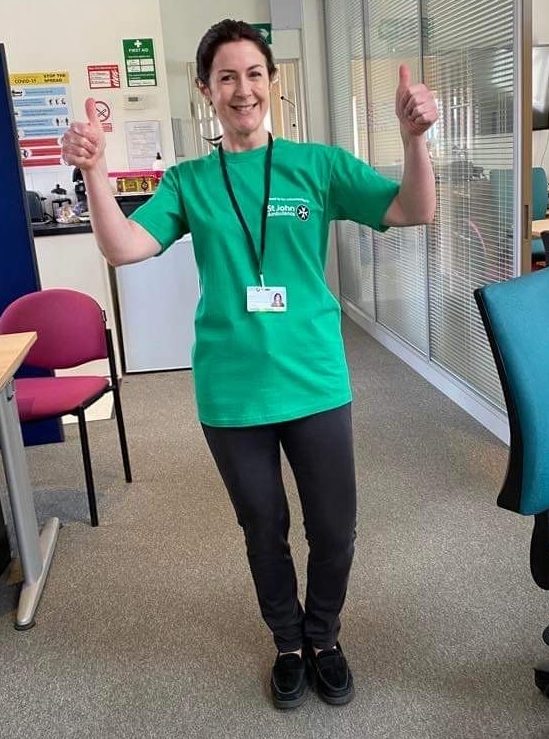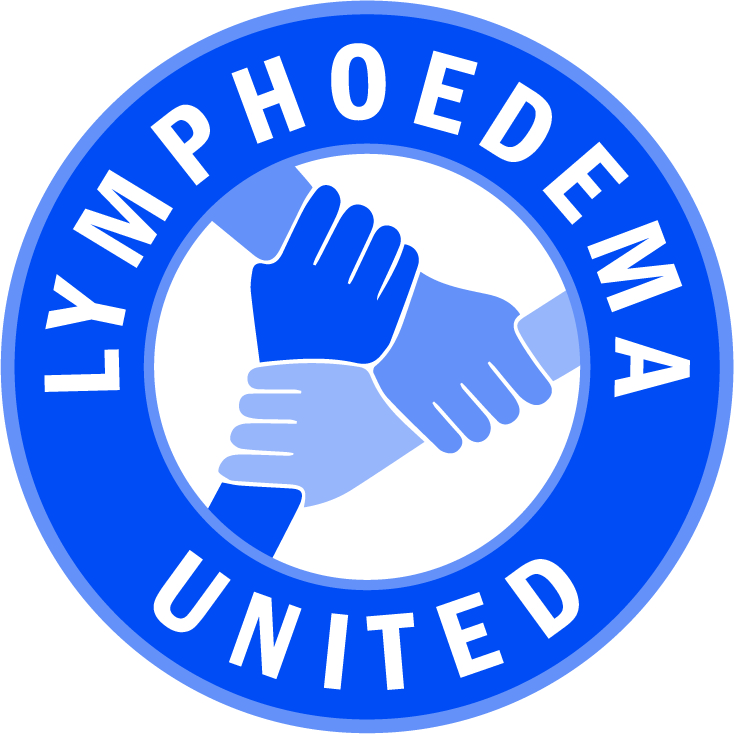Playing Our Part

Over the past two years an army of volunteers has supported the NHS to tackle the Covid-19 pandemic. In late 2020 a number of vaccines were approved for use in the UK, and the call came for volunteers to help deliver the vaccine programme rollout countrywide. Ana Palmer, our MD, shares her experience of training as a vaccination volunteer.
I’ve long had an interest in a medical role, which is perhaps one of the reasons I’ve ended up working as a supplier to the NHS! With links to St John’s Ambulance (SJA) over many years, first as a cadet when I was a teenager and then as a First Aider at work, it felt great to be able to help when, in December 2020, they put out a call asking for trained First Aiders to consider becoming vaccination volunteers.
During lockdowns, we, like many other businesses, experienced some very quiet periods, and as MD this breathing space gave me some scope to volunteer. I applied online and after a Zoom interview, I was enrolled in an e-learning programme to cover the necessary background training, including safeguarding, health and safety issues and information about how the vaccines worked. After certification, I had a practical training session at the end of January 2021 in Southampton. At this point, we were told what an amazing response the call had had – over 30,000 had applied as vaccination volunteers across the UK – a remarkable number showing the enormous efforts ordinary people were going to.
The practical training was extremely thorough, covering everything from how to put on PPE and infection control, to vaccination techniques. Role play exercises then helped us develop real skills; to make things as life-like as possible we worked in pairs, with one of us administering the vaccine into a silicone pad on the arm of our counterpart. Acting as patient and vaccinator gave us the opportunity to consider both sides. Some of the scenarios we played out included being a very anxious patient and dealing with someone in shock. After some practice we were formally assessed, and thankfully I was handed a pass!
The inevitable (and fairly lengthy) official registration then began, with DBS checks and so on. I was finally assigned to a Hampshire team with an SJA lead and took on my first shift in April; not all centres accepted SJA volunteers and it took some time for a local option to come up. I joined the team at Southsea Medical Centre, but there were far more volunteers than needed, so I supported the team as a vaccination carer, monitoring those who’d just had the jab. It was great to be part of the national programme, albeit in an observation and monitoring role, and the atmosphere was so positive and uplifting; every person involved worked hard to keep things calm, upbeat and flowing quickly.
Over the summer the vaccine programme was pretty quiet, and it wasn’t until the Omicron variant emerged and the booster campaign got underway, that things really picked up. It was clear a lot of help was needed – a definite reversal since the spring, so after some refresher training, I joined Davies Pharmacy in Havant over the Christmas period, which ran a buddy system, giving me the chance to shadow an NHS nurse at my first shift. Getting my first needle in the arm of a patient was very encouraging, if a little overwhelming, but I really felt I was making a difference. As well as administering vaccines, I was able to help with vaccine preparation, drawing up the syringes. It was an exciting and emotional time, especially when I thought about so many people – just like me – all doing the same thing across the country. And everyone coming for the vaccine inspired me; there was such bravery especially from those battling a fear of needles, hesitant about the vaccine and a possible reaction or just a bit nervous. I felt a big responsibility in ensuring that they all had a positive experience, and took extra time where needed to support them, hopefully meaning that they might be a little less worried the next time they face an injection. Everyone was so grateful and I’m very proud to have been a small part of such a huge national effort.
I’m not the only one of the Thesis team who has lent their time to help. Adrian Coleman, our Sales and Marketing Director, volunteered as one of 40 parents at his sons’ secondary school, to undertake the government required lateral flow testing to enable pupils to return to school after home schooling and Zoom lessons. Adrian was part of significant efforts in March 2021 when schools first began testing, and again in early 2022, as pupils returned after the Christmas break in the wave of Omicron. In fact in March 2021 – in line with the government guidelines – this amazing team tested students three times each over nine days – a total of 5,400 tests! This was, of course, no mean feat, particularly in the March sessions, when the concept of testing was very new and daunting for both pupils and volunteers. Adrian’s work – which has also included helping unpack and distribute home packs to tutor groups at various points – has also stood us in good stead at work; we’ve had a few positive cases in the Thesis team over the past 12 months and Adrian has coordinated our “RSTR” (Rapid Swab Team Response) of everyone at HQ to reassure all concerned.
Both of us are so pleased to have played a small part during this time of national emergency. We’ve always been proud of our work with the NHS, and have operated closely with many hospital teams over the years. During this period when much of our close contact with the NHS has had to be paused, it has been wonderful to do something to help ease the burden on this amazing national institution.
Building a Community
Written by LimbO Products


